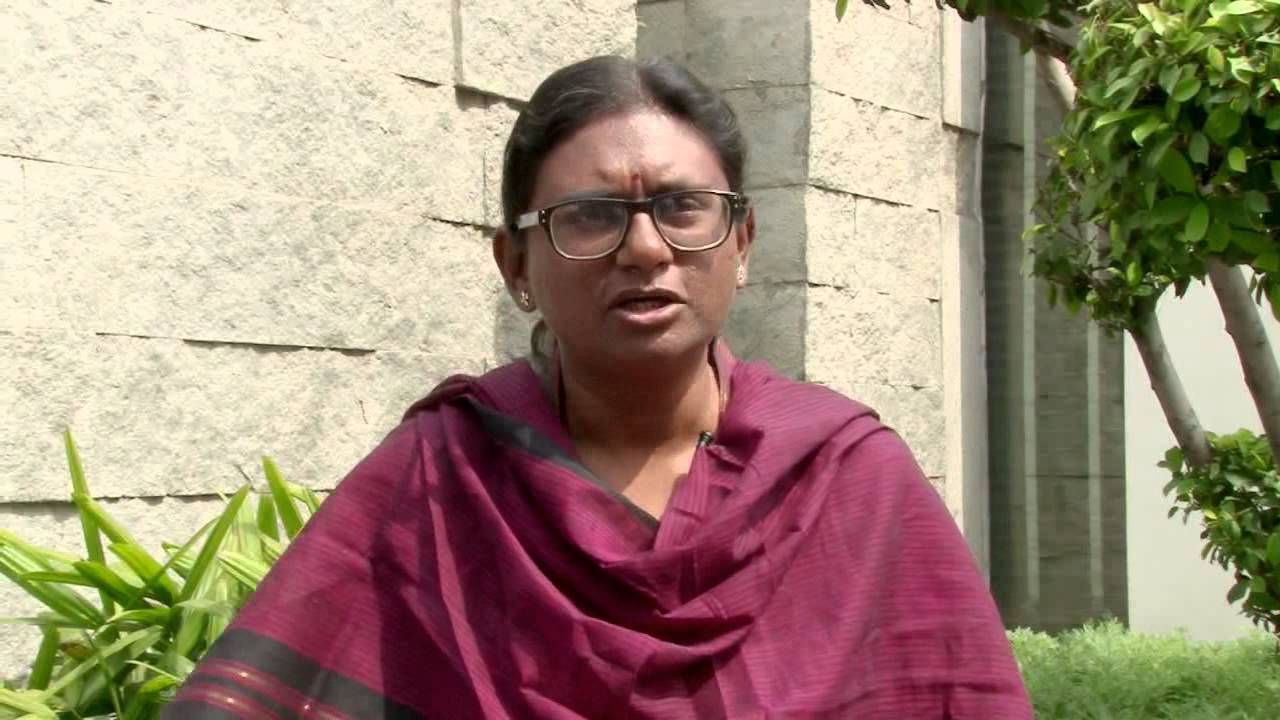Sonia Gandhi: Fearless Leadership Tradition

- Meenakshi Natarajan, Ex-M.P.
“To be honest, I am feeling very relieved today.” These were Sonia Ji’s words. Handing over the charge to Kharge Ji on October 26, 2022, she said this spontaneously. While listening to her in that programme, scenes from 1998 to 2022 passed before the eyes like a movie.
She was not nominated at the beginning of her tenure; rather was elected. She took over the reins of the organization at a time when the workers had become directionless. It is true that today’s situation is unprecedented as Indian civilization is being attacked from all sides. India is fighting for its public consciousness. Despite this, the Party stands ideologically undeterred. But the conditions at that time were very complicated. It seemed that the organization had become a victim of ideological numbness. The principles had become inert. The ethical values had died. Then, with the help of her personality’s simplicity, fluidity and dignity, Sonia ji held back the chaos and re-established the depth of values.
In her very first letter written to the workers of the organization, she handled it with very kind words. “I have recognized my real companions.” Although, a lot can be written on her works but here I am sharing only those aspects which have touched the heart of an activist like me, where the strings got connected and a lifetime relationship was formed.
The specialty of the Indian leadership tradition has been ‘Trust’ at the foundation of leadership which is the identity of a healthy, positive and truthful leadership. This ‘Trust’ is also developed in the form of ‘trusteeship’. Sonia Ji’s personality as a whole was entirely based on ‘Trust’. This brought radical changes in the functioning of the Party. There was no free will or arbitrariness in the decision-making as every decision was collectively taken. The people’s representatives of the state used to have a voice in it. Collective responsibility could be fixed. Had the foundational trust not been there, then even after a decade, internal democracy could not have started in the youth organizations.
Since they did not have any sense of insecurity, decisions started being taken collectively. If there’s one biggest lesson, it’s that leadership comes with fearlessness. Insecurity, derived from fear, is a roadblock to leadership. Today, when we see the fear of quest for position, prestige, influence among the people’s representatives, then we remember how the flame of her fearless personality continued to inspire. She never felt that her influence would be diminished by collectivization. Dialogue was initiated on every ideological and policy issue. Decisions started to be taken after discussion in the Congress Working Committee.
Because of this fearlessness and trust, alliances could be established with other like-minded critical organizations and think tanks. It was her specialty to listen to criticism with ease but to take the immediate fact into cognizance while determining her side. She never rejected the protest, never considered it a rebellion. On many occasions, I have seen her laughing gleefully even at the harshest reactions. The bitter reaction melted gently in that adorable pure laughter. This purity is the product of fearlessness.
Reviving the organization from ideological paralysis, continuous publication of manifesto and continuous organization of Chintan Baithak, Shivir and workshops started. Lest the organization remain as a medium of election campaign, therefore a series of constructive and positive programmes started. It was ensured that new young voices should not be suppressed amidst muscle power and money power and how to provide opportunities to youth irrespective of political and family background.
Political parties are still patriarchal. Its full effect is visible in the process of admission, election, public participation. In such a situation, she took light steps towards motherhood and gave opportunities to women in traditional male-dominated organizations. She ensured representation of women at all levels of the organization.
Economic liberalization had happened in 1991 itself. Economic disparity was also increasing. The civil rights-empowerment framework emerged from 2004-2014 to bridge the gap. People’s organizations had taken the initiative but it was possible only because of Sonia Ji’s unwavering commitment and leadership. Those who had earlier rejected MGNREGA out rightly, had to take its shelter as well. Without the shield of these rights, how could the participation of the marginalized ‘Bahujan Samaj’ be achieved?
This compassionate nature was reflected in policy decisions as well as personal behaviour. She maintained sensitive dialogue with Nirbhaya’s family away from media publicity. She has been seen in the Central Hall of the Parliament House, behaving politely with the opponent candidate in the election of Bellary; without prejudice.
She was so engrossed in Indianness that she herself reached India Gate at night after winning the World Cup in cricket. She participated in the celebration of the youth. She came to participate in the ‘Bharat Jodo Yatra’. Many workers like me saw her returning with tearful eyes. It was her last public function as Congress President. There was not even a trace of fear, longing or attachment. She never delivered a speech on this but her behaviour said it all. Often people talk about her sacrifice.
But perhaps this is called performing one’s duty in the sense of ‘Krishnarpanamastu’.
(The author is Chairperson of Rajiv Gandhi Panchayati Raj Sangathan)







